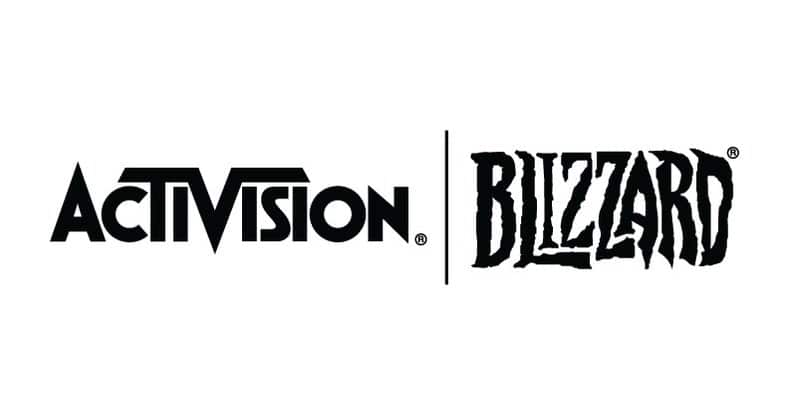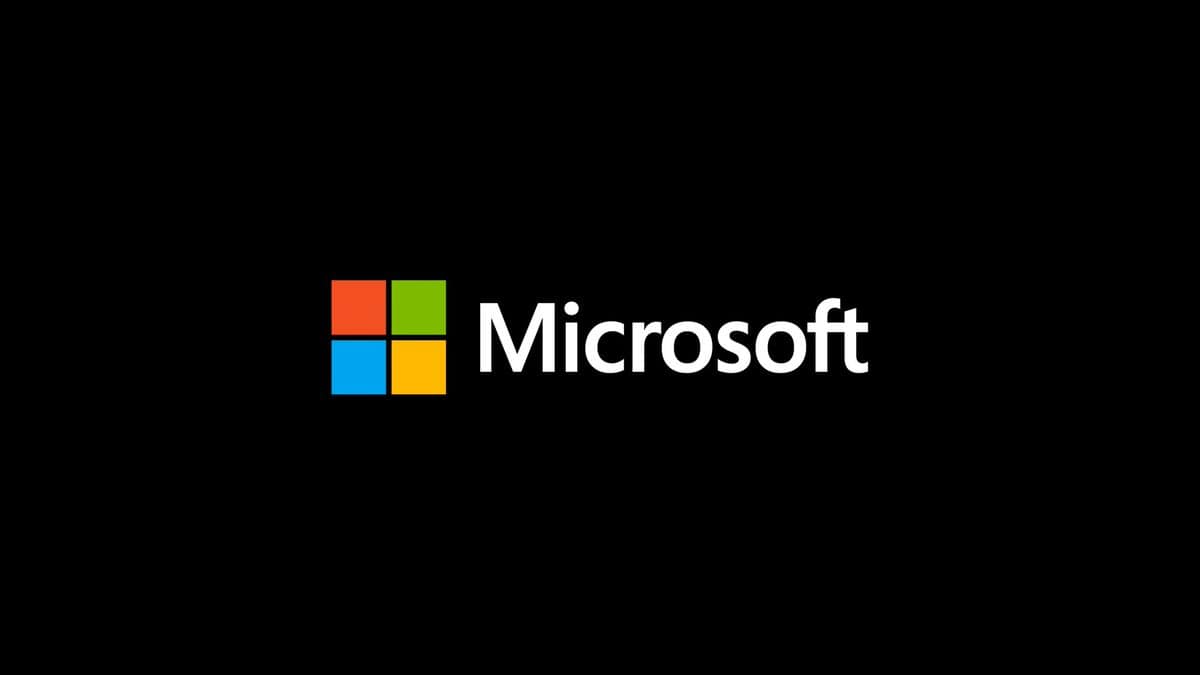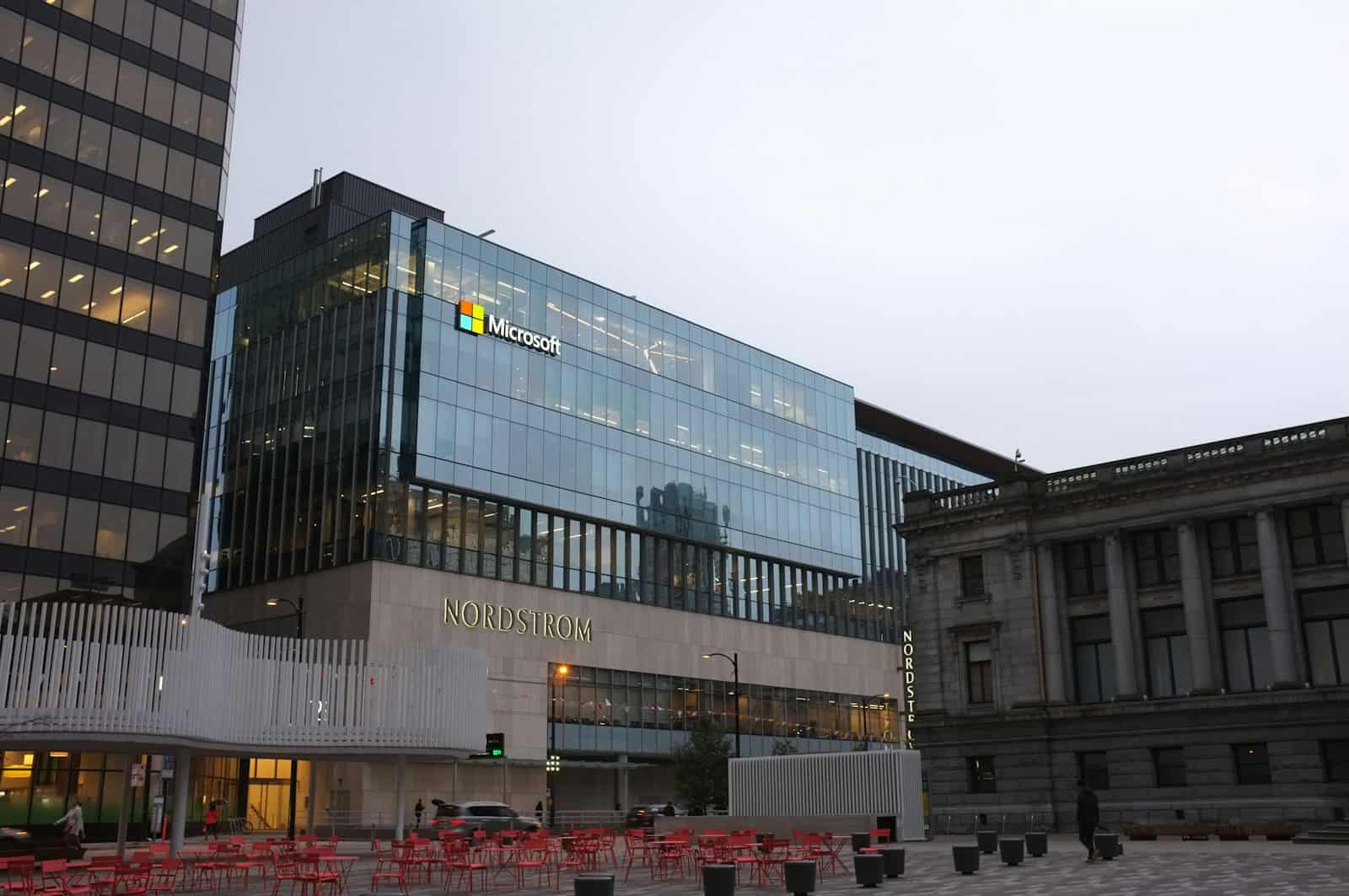Microsoft has scored a major legal victory in its historic $69 billion acquisition of Activision Blizzard. On May 7, 2025, the U.S. 9th Circuit Court of Appeals unanimously rejected the Federal Trade Commission’s (FTC) appeal to block the deal, siding with a lower court that had already ruled in Microsoft’s favor.
This marks the final significant regulatory hurdle for the largest video game acquisition in history—one that has broad implications not only for the gaming industry, but for how tech mergers are challenged going forward.
What Happened in the Courts

The appeals court upheld a prior ruling by U.S. District Judge Jacqueline Scott Corley, who concluded in 2023 that the FTC had not provided sufficient evidence that Microsoft’s acquisition of Activision Blizzard would harm competition. The FTC’s core argument centered on the concern that Microsoft might restrict access to blockbuster franchises like Call of Duty, giving it unfair leverage in console and cloud gaming markets.
However, Microsoft successfully countered these concerns by entering into 10-year licensing agreements with competitors—including Nintendo and NVIDIA—to guarantee access to key Activision titles. The 9th Circuit agreed that these proactive moves weakened the FTC’s claims of anti-competitive behavior.
Why This Ruling Matters
This case was a major test for FTC Chair Lina Khan’s aggressive approach to antitrust enforcement in Big Tech. Khan has focused on preemptively blocking mergers that could create long-term market dominance, even when the immediate harm isn’t clearly evident. But the court’s rejection of the FTC’s arguments suggests that future challenges may require more concrete evidence of consumer harm, not just theoretical risks.
For Microsoft, this clears the path to integrate franchises like Call of Duty, Diablo, and Candy Crush into its broader gaming ecosystem—which includes Xbox Game Pass, xCloud, and a growing emphasis on mobile. With Activision Blizzard under its wing, Microsoft now owns some of the most influential IPs in gaming, boosting its ability to compete directly with Sony and Tencent.

Impact on the Gaming Market
Microsoft’s acquisition reshapes the global gaming industry. Activision Blizzard generated over $8 billion in revenue in 2022 alone, and its addition gives Microsoft immediate firepower in content creation, mobile gaming (through King, maker of Candy Crush), and cloud streaming. It also places added pressure on Sony, which now faces an even more formidable Game Pass lineup.
Meanwhile, the deal reflects the growing trend of consolidation in gaming. Other companies like Embracer Group and Tencent have similarly acquired smaller developers to secure exclusive content in an increasingly competitive landscape.
What’s Next?
With legal challenges in the U.S. and U.K. now resolved, Microsoft can fully move ahead with its integration plans. Expect more cross-platform features, bundling of Activision titles into Xbox services, and a stronger mobile strategy tied to the anticipated Xbox mobile game store.
The FTC, while defeated in this case, has not ruled out pushing for stronger antitrust tools in the future. But for now, the road is clear: Microsoft has cemented its place at the top of the gaming food chain.
Here’s a detailed breakdown of the major game franchises Microsoft now owns following the Activision Blizzard acquisition:
Game Franchises Now Under Microsoft’s Control
From Activision Publishing
| Franchise | Description |
|---|---|
| Call of Duty | One of the best-selling first-person shooter franchises in history, with annual releases and a massive player base across console, PC, and mobile. |
| Crash Bandicoot | Classic platformer that has seen a revival in recent years. Originally a PlayStation mascot, now part of Microsoft’s lineup. |
| Spyro the Dragon | A beloved 3D platformer series popular with nostalgic gamers and younger audiences. |
| Tony Hawk’s Pro Skater | Legendary skateboarding game series with a strong cultural legacy. |
| Sekiro: Shadows Die Twice (Published by Activision) | Although developed by FromSoftware, Activision retains publishing rights. Microsoft could explore future partnerships here. |
From Blizzard Entertainment
| Franchise | Description |
|---|---|
| World of Warcraft | The most iconic MMORPG ever made, still active with millions of subscribers and regular expansions. |
| Diablo | Dark action RPG franchise known for loot-driven gameplay; Diablo IV is the latest entry. |
| Overwatch | Team-based first-person shooter with a competitive scene and vibrant universe. |
| StarCraft | RTS (real-time strategy) legend with global influence, particularly in South Korea. |
| Hearthstone | A digital collectible card game set in the Warcraft universe with a massive player base. |
| Heroes of the Storm | MOBA featuring characters from across Blizzard’s properties (now in maintenance mode). |
From King (Mobile Division)
| Franchise | Description |
|---|---|
| Candy Crush Saga | One of the highest-grossing mobile games of all time; a casual gaming powerhouse with global reach. |
| Bubble Witch Saga | Another major mobile franchise with puzzle gameplay, strong in casual markets. |
| Farm Heroes Saga | Popular match-3 game focused on farming themes and social gameplay. |
Strategic Value of These Franchises
- Cross-Platform Expansion: Expect Call of Duty, Diablo, and World of Warcraft to integrate more tightly into Xbox Game Pass and xCloud.
- Mobile Gaming Push: King’s portfolio gives Microsoft a strong entry point into the mobile ecosystem—crucial for the upcoming Xbox Mobile Store.
- Game Pass Boost: These franchises add enormous value to Microsoft’s subscription services.
- eSports & Live Service: Overwatch and Call of Duty League provide a base for Microsoft’s eSports ambitions.
Key Takeaways
- The federal appeals court rejected theFTC’s challenge, allowing Microsoft’s $69 billion acquisition of Activision Blizzard to stand.
- The court ruled that regulators failed to prove the merger would harm competition in the gaming industry.
- This legal precedent may make it harder for the FTC to block future tech mergers and acquisitions.
Overview of the U.S. Federal Appeals Court Decision
On Wednesday, a federal appeals court rejected the Federal Trade Commission’s challenge to Microsoft’s acquisition of Activision Blizzard. The court determined that the FTC failed to prove that the merger would harm competition in the video game market.
Background of the FTC’s Legal Challenge
The Federal Trade Commission filed an antitrust lawsuit against Microsoft in late 2022, seeking to block the $69 billion acquisition of Activision Blizzard. The FTC argued that the deal would give Microsoft too much power in the video gaming market.
The agency claimed Microsoft would gain unfair advantages by controlling popular game franchises like Call of Duty. They feared Microsoft might make these games exclusive to Xbox platforms, hurting competitors like Sony’s PlayStation.
The FTC’s concerns centered on vertical integration issues. They believed Microsoft could limit access to Activision’s game library or raise prices for competitors.
After losing in a lower court, the FTC appealed the decision, continuing their fight against what they viewed as potential market dominance.
Details of the $69 Billion Acquisition
Microsoft announced its plan to buy Activision Blizzard in January 2022, valuing the deal at approximately $69 billion. This represented one of the largest acquisitions in the technology sector and the biggest in gaming history.
The deal included Activision’s popular franchises such as Call of Duty, World of Warcraft, and Candy Crush. These titles generate billions in annual revenue and have millions of players worldwide.
Microsoft sought to expand its gaming portfolio and strengthen its Xbox Game Pass subscription service. The acquisition would add over 400 million monthly active players to Microsoft’s gaming ecosystem.
To address competition concerns, Microsoft signed agreements with Nintendo and several cloud gaming providers. They committed to keeping Call of Duty available on PlayStation for at least 10 years.
Ruling by the 9th U.S. Circuit Court of Appeals
The 9th U.S. Circuit Court of Appeals in San Francisco unanimously rejected the FTC’s appeal. The three-judge panel found that the agency failed to demonstrate that the acquisition would substantially lessen competition.
The court upheld the earlier ruling by U.S. District Judge Jacqueline Scott Corley, who had denied the FTC’s request for a preliminary injunction to block the deal. Judge Corley had concluded that Microsoft’s commitments to maintain game availability across platforms were legally binding.
The appeals court noted that Microsoft’s agreements with competitors addressed many of the competitive concerns raised by the FTC. They found these agreements created significant disincentives for Microsoft to withhold Activision content from rival platforms.
The ruling emphasized that speculative harm to competition wasn’t sufficient grounds to block the merger.
Implications for Xbox and Video Game Market
This legal victory removes the final significant hurdle for Microsoft’s acquisition, which closed in October 2023. The company can now fully integrate Activision Blizzard’s game library into its Xbox ecosystem.
For gamers, Microsoft has promised more titles on Game Pass and improved gaming experiences. Popular franchises like Call of Duty remain available on multiple platforms, though Microsoft gains the benefit of day-one releases on its subscription service.
The ruling may set precedents for future tech mergers, potentially making it harder for regulators to block acquisitions based on theoretical competitive harm.
Industry analysts suggest the combined entity will better compete with other gaming giants like Tencent and Sony. Microsoft now controls some of gaming’s most valuable intellectual property and talented development studios.
The consolidation continues a trend of major acquisitions in the gaming industry, as companies seek to secure content for their platforms.
Broader Impact on Antitrust Regulation and Competition
The court’s decision in the Microsoft-Activision case signals a significant shift in how mergers may be evaluated in the tech industry moving forward.
Regulatory Scrutiny and International Markets
The FTC’s failed challenge highlights growing tensions between traditional antitrust frameworks and modern tech industry dynamics. Competition authorities worldwide took different approaches to the Microsoft-Activision deal. The UK’s Competition and Markets Authority initially blocked the merger but later approved it after Microsoft made concessions about cloud gaming rights.
The European Union cleared the deal after receiving similar commitments. These different outcomes show how competition laws vary globally, creating a complex landscape for tech companies pursuing large acquisitions.
Companies now must navigate multiple regulatory systems with different standards and concerns. This case may encourage more coordination between international regulators when examining future tech mergers.
Effects on Cloud Gaming and Subscription Services
The acquisition significantly reshapes the gaming industry’s competitive landscape, particularly in cloud gaming. Microsoft gains control of Activision’s massive video game library, including popular titles like Call of Duty, which strengthens their Xbox Game Pass subscription service.
Competitors worry about Microsoft potentially limiting access to these games. Though Microsoft promised to keep Call of Duty available on PlayStation for at least 10 years, concerns remain about long-term access.
The merger accelerates the industry’s shift toward subscription-based models. With Activision’s content, Microsoft can offer more value through Game Pass, potentially pressuring competitors to develop similar services or find new ways to compete.
Small cloud gaming providers may struggle without access to popular content, raising questions about long-term competition in this emerging sector.
Response from the FTC and the Biden Administration
The FTC’s loss reflects its broader struggles in court against tech mergers. According to search results, the FTC “has not fared well in court recently with its merger challenges,” suggesting federal courts remain skeptical of their approach to competition enforcement.
The FTC has launched a public inquiry into anti-competitive regulations that “exclude new market entrants” and “protect dominant incumbents.” This suggests they’re reassessing their strategy following this significant defeat.
The Biden administration, which appointed aggressive antitrust enforcers like FTC Chair Lina Khan, may need to reconsider its approach. They could pursue legislative changes to strengthen antitrust laws rather than relying solely on court challenges.
The FTC still has an ongoing administrative challenge against the merger, though its chances of success appear diminished after the appeals court ruling.
Frequently Asked Questions
The recent court decision against the FTC has prompted important questions about tech mergers, market competition, and the future of antitrust enforcement. This ruling comes with significant implications for multiple stakeholders.
What are the implications of the U.S. federal appeals court’s decision for future tech industry mergers?
The appeals court decision may make it harder for regulators to block large tech mergers. Companies might become more confident in pursuing major acquisitions, especially when they can argue the deals won’t harm competition.
Tech firms may now focus on structuring deals with clear arguments about how consumers benefit. This ruling suggests courts want concrete evidence of harm, not speculative concerns about market power.
How might the FTC respond to the court’s rejection of its challenge against Microsoft’s acquisition?
The FTC could appeal to the Supreme Court, though success is not guaranteed. They might also refocus their strategy on other aspects of antitrust enforcement where they have stronger legal footing.
The commission might work with Congress to update antitrust laws for the digital age. They could also shift to more targeted investigations of specific business practices rather than blocking entire mergers.
In what ways does the court’s ruling affect antitrust enforcement in the digital market?
The ruling suggests courts want more concrete evidence of consumer harm before blocking tech mergers. Regulators may need to develop stronger economic models to prove potential competitive damage.
The decision weakens the “potential competition” theory that the FTC has used in recent cases. Enforcers might need to focus more on immediate and provable harms rather than future competitive scenarios.
What precedents may have influenced the federal appeals court’s decision regarding the Microsoft-Activision merger?
Previous cases involving vertical integration, where companies merge with suppliers rather than direct competitors, likely influenced this decision. Courts have generally been skeptical of blocking such mergers.
The court may have considered the 2018 AT&T-Time Warner merger case, where judges rejected similar arguments about bargaining power. This established a high bar for proving harm in vertical merger cases.
What legal arguments did Microsoft use to defend its acquisition of Activision Blizzard?
Microsoft argued the deal was primarily vertical, not horizontal, meaning it wouldn’t eliminate direct competition. They emphasized that the deal would bring more games to more platforms and benefit consumers.
The company made specific commitments about keeping Call of Duty available on competing platforms. These promises helped counter the FTC’s concerns about Microsoft withholding content from rivals.
How could this decision impact competitors and the overall gaming industry landscape?
Sony and other gaming competitors may face a stronger Microsoft with more exclusive content and cloud gaming capabilities. This could spark a wave of consolidation as other companies seek to strengthen their positions.
The ruling may encourage more investment in gaming companies as acquisition targets. Smaller studios might benefit from higher valuations while independent developers could face a market with fewer major publishers.
The decision could accelerate the shift toward subscription-based gaming services. Microsoft’s Game Pass offering may gain more content, putting pressure on competitors to develop similar models.







